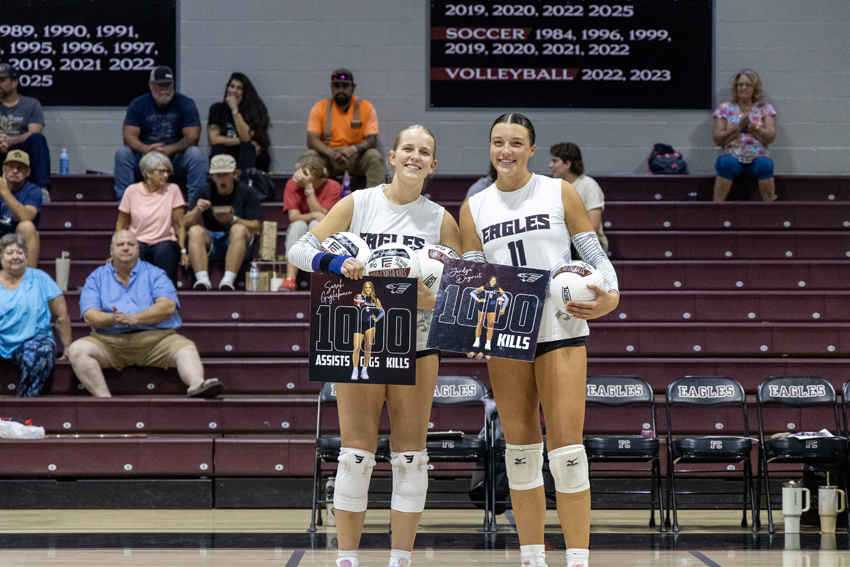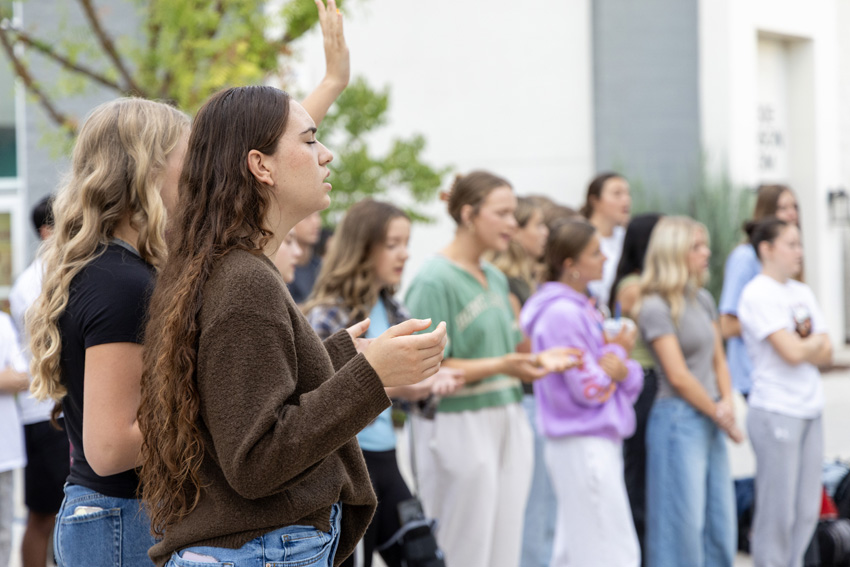
During the middle of the winter, the Congress of Future Medical Leaders congregated at the Washington D.C. Armory to learn about new, exciting advancements in the world of medicine.
The National Academy of Future Physicians sponsor the Congress of Future Medical Leaders; the Master of Ceremonies (MC), Richard Rossi founded both of these enrichment programs.
The purpose of the Congress of Future Medical Leaders is self-explanatory: The advancement and enrichment in high-achieving students with an interest in the field of medicine. Though the intricacies and details of the selection process are not given, the minimum standards for a student to be selected is to have a GPA of at least 3.5 and a recommendation from a teacher or an advisor. Students must fly themselves and find their own housing once they arrived at the capital, and to be ready for the opening ceremonies, Feb. 14.
Upon arriving at the Armory, students and scholars are peeled away from the grasp of their parents or guardians and escorted to security terminals. Once through security, students were allowed to enter the Armory itself and find a seat among thousands of strangers to hear the opening remarks by Rossi.
Rossi started the conference by acknowledging the students for their academic and achievement and stated that they are the future of the medical world. He stated that he did not want this to be like any other conference the students have attended before, and made a peculiar plea to the students.
Science constantly changes and evolves. Sometimes new facts arise and prove a whole theory wrong, or maybe the facts are right but they way we looked at them was wrong. But that?s science, and that?s what makes it exciting. –Mario Capecchi
“Now students, I don’t want this to just be another conference,” Rossi said. “What I want you to do right now is to look to your left, to your right, in front of you, and behind you. Now I want you to embrace these people like they were a long-lost friend.”
The scholars were hesitant at first, but soon everyone was hugging and embracing each other. A sense of family and familiarity filled the once cold armory.
After the opening remarks students were informed that they would be able to hear from, and eventually speak to leaders in medicine and medical business. Nobel Prize winners, medical prodigies, marvels of the medical world, and business owners with the key to success and happiness were among these speakers.
The most notable advice came from the two Nobel Prize winners, Jack Szostak and Mario Capecchi. Both stated the science is an ever-changing thing, and that nothing is written in stone.
“Science constantly changes and evolves,” Capecchi said. “Sometimes new facts arise and prove a whole theory wrong, or maybe the facts are right but they way we looked at them was wrong. But that?s science, and that?s what makes it exciting.”
Students alleged grateful for their gifts and their opportunity to attend the conference, but mix of melancholy and purpose overcame the room. Leaving newfound friends to pursue greater aspirations elsewhere created a bittersweet moment as students left the armory. Most students were, nonetheless, grateful for the opportunity to attend the conference.
This writer can be reached via Twitter: @RRoggenstein.
For more news, check out the Feb. 25 article Four-star app provides helpful aid to students.






